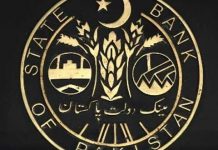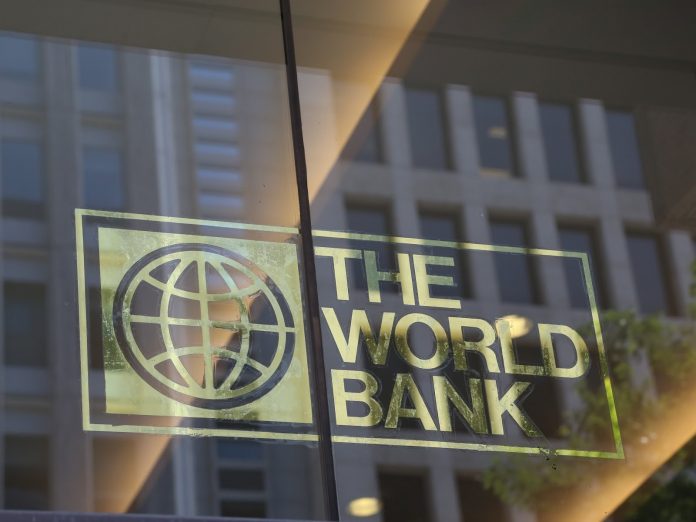ISLAMABAD: Prominent speakers have urged upon the government to implement a trade policy without delays for a desirable economic future.
They said this during a roundtable discussion titled ‘Public-Private Policy Symposium for achieving export competitiveness in Pakistan’ which was organised by the Sustainable Development Policy Institute (SDPI) in collaboration with the World Bank Group here on Wednesday
Speaking on the occasion World Bank Economist Enrique Blanco Armas said that trade through employment generation can propel the country towards a sustainable path of economic growth and development. Stressing the need for making policy engagements in this regards, he appreciated the role of think tanks like SDPI. These engagements proved to be instrumental in the formulation of the key policy recommendations to streamline export competitiveness in Pakistan.
He further said a poor business environment, an overvalued exchange rate, relatively weak trade facilitation and infrastructure and absence of value chains from the trade policy have resulted in a decline in Pakistan’s exports by 20 per cent during the fiscal 2011-17.
“Pakistan’s exports performance in past 10 years has not been stellar,” Armas said, adding that exports in goods and services rose by a low of 27.3 per cent in Pakistan whereas exports on average during the same period grew by 165 per cent in India, 276 per cent in Bangladesh and 445 per cent in Vietnam over the period of 2005-16. Pakistan can strengthen implementation mechanisms of its rules and regulations through the introduction of Prime Ministerial and Presidential delivery units, who are tasked with monitoring micro-level targets, he added.
SDPI Joint Executive Director Dr Vaqar Ahmed called for measures to salvage exporters’ woes. He said the trade policy framework needed urgent recalibration in order to mitigate heterogeneous issues faced by exporters due to differences across provinces. He maintained that the reduction of logistics costs through streamlining transportation and warehousing facilities as well as a decrease in supply-side bottlenecks of high energy, tax compliance and regulatory costs required urgent attention.
“Inter-departmental co-ordination should be achieved through reviving high-level cabinet committee on exports and production,” said Dr Vaqar. He went on to say that the committee should be representative of all the four provinces so that provincial tax issues might be addressed properly. The Strategic Trade Policy Framework (STPF) 2018-23 should give the utmost priority to boosting export competitiveness through a reduction in production and logistics costs, he added. Further, expanding outreach by trade facilitation measures on the marketing side, he emphasized the need to promote ‘Made in Pakistan’ campaign particularly in those nations which are non-traditional sources of export.
While raising concerns on issues such as lengthy customs and immigration procedures, representatives of private sector said there was a sheer lack of co-ordination and co-operation, not only among the provinces but also among the traders, public institutes and think tanks within the country.
“Lack of innovation, high prices of energy, the dismal transportation infrastructure and inadequate research funds are among major challenges putting a spanner on export growth,” they said, adding that effective reforms need to be initiated and materialise at the earliest.






















